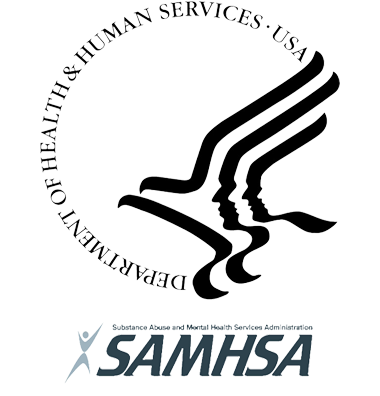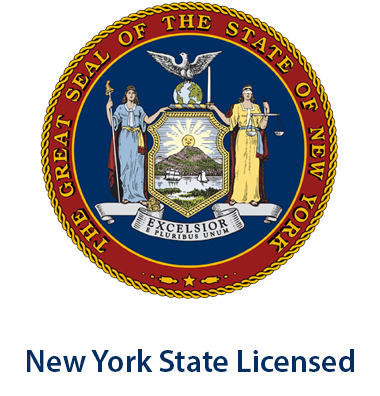SoberNY.com > Addiction Treatment Centers in New York > New York, NY Rehabs > Outpatient Treatment in New York, NY > Parallax Center
Parallax Center
in New York, NY
Parallax Center
145 E 32nd St, New York, NY 10016
(516) 997-2926
Website
- Outpatient
- Dual-Diagnosis
Experience Treating
- Alcohol Abuse
- Dual Diagnosis (Co-Occuring Disorders)
- Gambling Addiction
- Internet Use Addiction / Disorder
- Opioid Addiction
- Substance Abuse
Treatments
Aftercare Support
Detoxification
Drug detox is the process of getting rid of the toxins in the body that are caused by drug abuse. This can be done in a number of ways, such as with medicine, saunas, or massages. Detoxing from drugs at Parallax Center in New York, NY, can be a key step in getting sober and starting on the road to recovery. It can also help with other things, like easing withdrawal symptoms, reducing cravings, and making your health better overall.
Also, drug detox can help people get ready for other kinds of treatment, like therapy and 12-step programs. Drug detox can be a very important first step on the road to recovery for people who are addicted to drugs.
Drug Rehab
New York is one of the most populated and diverse states in the country. It is also home to a lot of people who are struggling with addiction. Drug rehab can be a lifeline for people who want to stop using drugs. The first good thing about drug rehab is that it can give people a safe and supportive place to get off drugs and alcohol. Detox can be hard and even dangerous, but if you get help from a professional, it can be done safely. Once detox is over, people can start to learn about addiction and how to get better at Parallax Center in New York, NY.
In rehab, people will go to therapy sessions and do other things that are meant to help them learn the skills they need to stay sober. When someone finishes rehab, they will have the tools they need to live a life without drugs or alcohol. Drug rehab can give people who are struggling with addiction a chance to start over.
Dual-Diagnosis
Getting sober can seem like an impossible goal to people who are addicted. But with the right treatment, anyone can beat their addiction and build a foundation for a sober life. Dual-diagnosis treatment is a type of treatment that helps with both addiction and any mental health problems that may be going on in the background.
People in New York, who may be struggling with the stress and loneliness of city life, can benefit the most from this approach. Dual-diagnosis treatment helps people build a stronger foundation for recovery by taking care of both their addiction and their mental health. This method can also help increase the number of people who stay sober and stop them from relapsing.
Intensive Outpatient
IOP, or intensive outpatient drug treatment, is a type of care that helps people who want to get sober by giving them structure and support. IOP usually means going to group therapy sessions and meeting regularly with a counselor for addiction. People who can’t commit to an inpatient treatment program may find IOP to be a good alternative. It can also help people who have finished a detox program or residential treatment step down from inpatient care.
IOP can be helpful for people who need help getting sober because it can help them stay sober. The length of IOP programs varies, but most of them last for 12 weeks. IOP can be an important step on the road to recovery, and it can give people the tools they need to stay sober in the long run.
Outpatient
People who want to get sober in New York have many options, including outpatient treatment. Outpatient treatment is a type of care that lets people get help for addiction while still living at home. This can be a great option for people who are busy or who need to be able to take care of their responsibilities at home.
Outpatient care can also be less expensive than some other kinds of care. People in outpatient treatment usually meet with a counselor or therapist at Parallax Center several times a week, and they may also go to group meetings. People who want to stay sober and are able to follow their treatment plan can get a lot out of this kind of care.
Therapies
- Aftercare
- Anger Management
- Cognitive Behavioral Treatment (CBT)
- Contingency management/motivational incentives
- counseling
- Couples Therapy
- Detox
- Dialectical Behavioral Therapy (DBT)
- Discharge Planning
- Drug Rehab
- Dual-Diagnosis
- Employment Counseling / Training
- Family Therapy
- Group Therapy
- Health education services other than HIV/AIDS or hepatitis
- Hepatitis education
- HIV or AIDS education
- Individual Therapy
- Intensive Outpatient (IOP)
- Intervention
- Naloxone and Overdose Education
- Nicotine Replacement Therapy (NRT)
- or support
- Outpatient Treatment (OP)
- Substance Use Counseling
- Trauma Therapy


